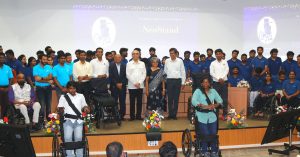This New Technology By IIT Delhi Students Can Convert Waste Cooking Oil Into Bio Diesel
India generates the highest amount of waste cooking oil. Here is an innovative idea on how you can convert it into biodiesel. Know more about this eco-friendly and affordable technology created by IIT Delhi students.
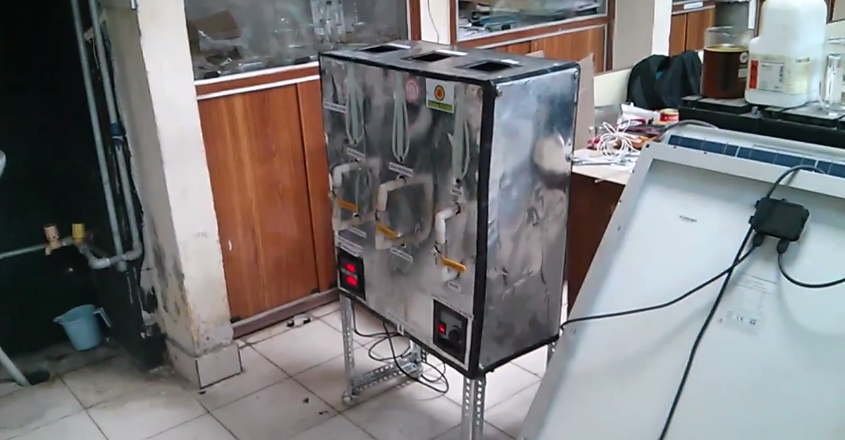
India generates the highest amount of waste cooking oil. Here is an innovative idea on how you can convert it into biodiesel. Know more about this eco-friendly and affordable technology created by IIT Delhi students.
Did you know that the cooking oil that we waste everyday can be converted into bio diesel and can solve 25 percent to 30 percent of India’s energy deficit?
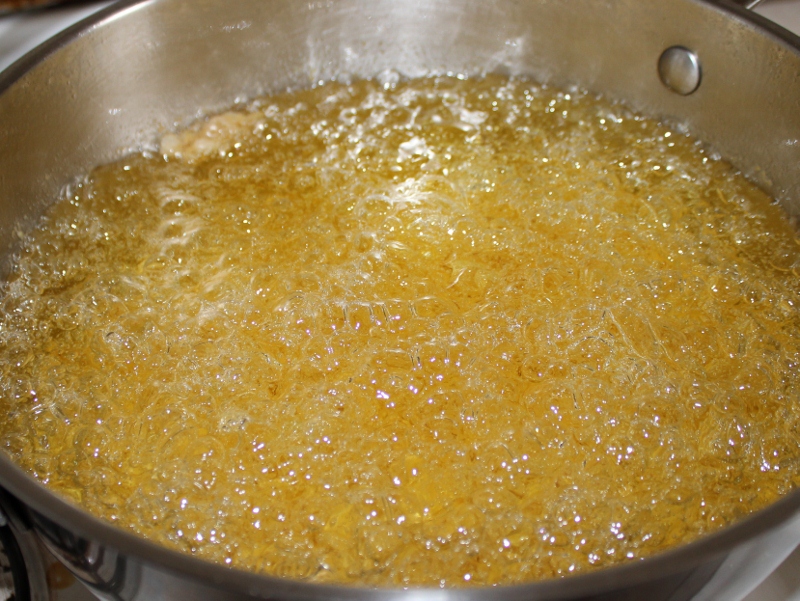 Source: tastyguyana.com
Source: tastyguyana.com
Three students from IIT Delhi have made it possible through their amazing innovation “Decentralized Biodiesel Production” which will enable small hotels, restaurants and even households to convert their daily cooking oil waste into bio diesel within a few minutes.
Developed by team FAME consisting of Abhishek Sharma, Harshit Agarwal and Mohit Soni, this technology aims at providing an eco-friendly, efficient and easily adaptable source to the existing energy scheme.
“Despite having immense potential as a biodiesel producer, India contributes mere 0.1 percent to the global biodiesel production. Also, the demand for diesel is five times more than that of petrol. Where is the catch?” says the team.
Having started by collecting waste cooking oil from their own homes and hostel mess, the team did several experiments and finally came up with a final prototype called FAME One.
“India produces around 9.2 million tonnes of waste cooking oil in a year which is highest in the world. So we thought to connect with hotel chains and use the oil which just gets wasted every day,” says Agarwal
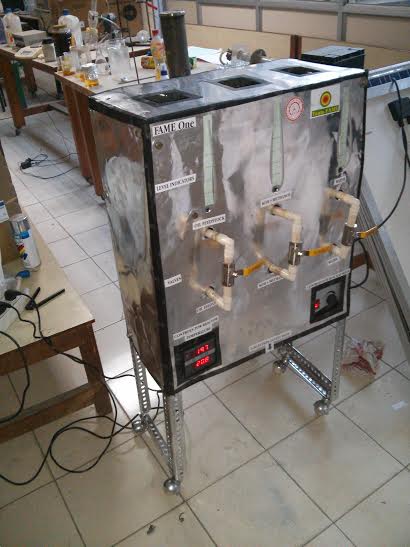
Why biodiesel?
Biodiesel came as an obvious choice to the innovators as it was easily adaptable to any kind of engine and was cheaper when compared to solar and wind energy.
“It can be blended in any ratio with diesel and is more environment friendly than that,” says Agarwal. Not only waste cooking oil, but even oil seeds, algae oil and jethropa oil can be used by the device to produce biodiesel.
The technology
The prototype is a washing machine-sized device which takes around an hour’s time to convert waste cooking oil into biodiesel. After doing market survey, the team realized that almost 75 percent of the cost will go only in collecting the waste oil and bringing it to the central location of the plant.
“If we set up a centralized industry, a huge cost will be incurred only in collecting the oil from different locations. Hence we wanted to make this technology available at a smaller scale and make it more affordable,” says Agarwal.
 Source: www.biodiesel.org
Source: www.biodiesel.org
The technology is simple and is done through the process of Transesterification (conversion of a carboxylic acid ester into a different carboxylic acid ester). It requires waste cooking oil, water, alcohol and a catalyst, and just takes around 50 minutes of time to convert the oil into biodiesel. The ratio of these ingredients depends on the source of the cooking oil. If you have 100 kg of waste cooking oil, you can generate 100 kgs of biodiesel.
“Suppose we have 100 kgs of waste cooking oil and 50 kgs of alcohol and catalyst, that 100 kgs of oil will go into producing 100 kgs of biodiesel. The 50 kgs of alcohol and catalyst will come out as waste,” Agarwal says.
The technology is cheap and just requires a temperature of 60°C. A device that can convert 20 kgs of waste cooking oil into 20 kgs of bio diesel costs Rs.30,000
The future
By winning the GE Edison Challenge recently, the team has won a cash prize of Rs.10,00,000 which will be utilized for further research on the technology and to bring it out in the market.
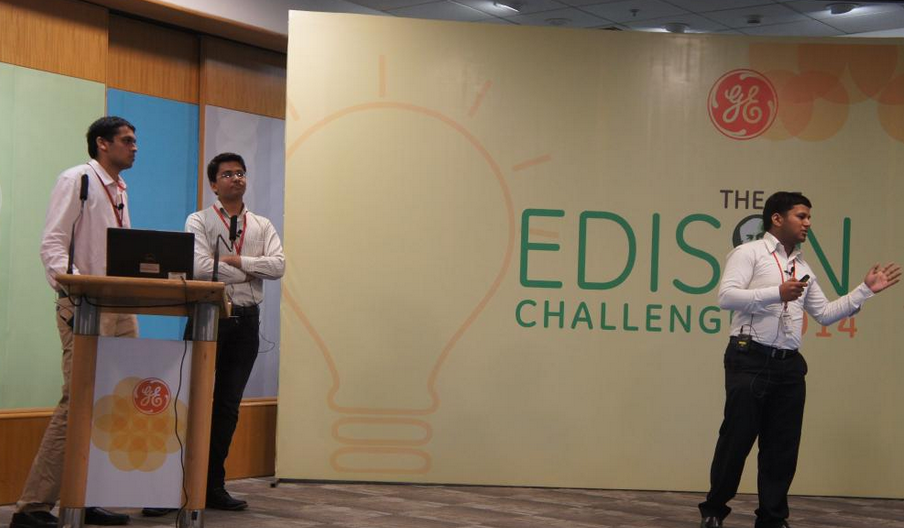
They are already talking with Taj hotels, Mumbai which is willing to incorporate this technology. The team is currently preparing to put it into operation in the next six months.
“This technology can also be beneficial for people in rural India as they can use oil seeds and convert it into diesel, then sell it at a higher margin than what they are currently getting by selling oil seeds alone,” the team says.
To know more about their work, contact team FAME at: Abhishek Sharma: [email protected] Mohit Soni: [email protected] Harshit Agarwal: [email protected]
Like this story? Or have something to share? Write to us: [email protected], or connect with us on Facebook and Twitter (@thebetterindia).
This story made me
-
97
-
121
-
89
-
167
Tell Us More
We bring stories straight from the heart of India, to inspire millions and create a wave of impact. Our positive movement is growing bigger everyday, and we would love for you to join it.
Please contribute whatever you can, every little penny helps our team in bringing you more stories that support dreams and spread hope.






